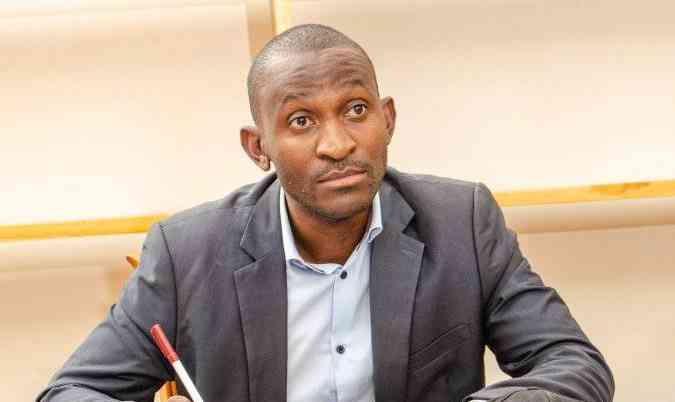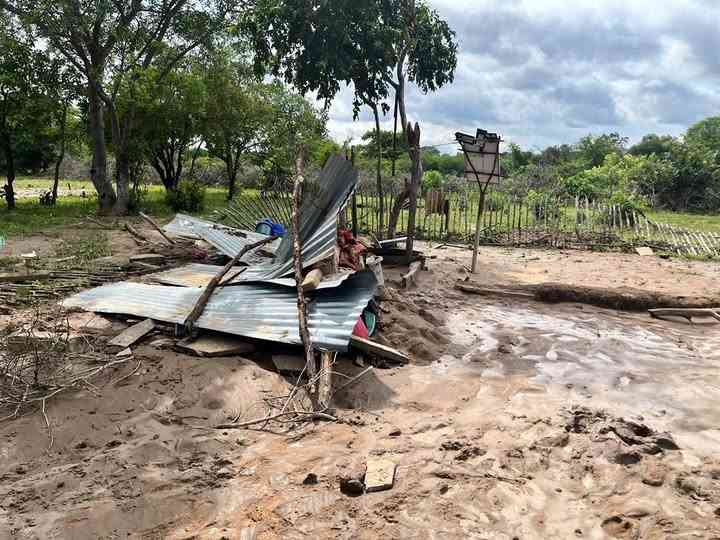
MATABELELAND traditional leaders, educationists and other observers have welcomed the licensing of Starlink saying it will help bridge the digital divide especially for learners from rural areas that were switched from the outside world.
The poor passrate in Matabeleland rural schools have been blamed on lack of access to the internet for research among other challenges.
There is also poor telecommunications coverage in rural areas where in some villages people have to climb mountains and trees to make a simple telephone call.
The licensing of SpaceX’s broadband satellite internet service, Starlink, has been seen as a welcome game changer by chiefs and other stakeholders.
Starlink is now available in Zimbabwe for US$50 a month, plus US$350 for a setup kit, the company said on its website.
The company said it is doing direct sales to customers who must pay US$23 for shipping.
Chief Khulumani Mathema said poor internet connectivity affected development within their communities.
“In Gwanda due to lack of internet connectivity has affected the ordinary level pass rate as they are lagging behind as research is hard,” Mathema said.
- Rights and traditions in Zim: Can traditional leaders regain trust?
- Electoral watchdogs raise red flag over traditional leaders dabbling in politics
- Dethroned Chief Ndiweni wades into headmanship wrangle
- Traditional Leaders Act should be amended: MIHR
Keep Reading
“Also if you look at Matabeleland development is very low as some provinces are able to market their provinces due to availability of internet connectivity.”
Nkayi traditional leader, Chief Dakamela, said he was finding it difficult to do online lessons whenever he is in his area of jurisdiction,
“Currently I am a university student it is hard for me to do online lessons and this has made our region isolated from the rest of the nation as we are unable to have communication,’’ he said.
Several remote areas of Matabeleland North and South such as Nkayi, Binga, Tsholotsdho, Lupane, Plumtree, Kezi, parts of Gwanda, among others have a challenge in connectivity.
Bulawayo based educationist, Ben Moyo, urged communities in rural areas to mobilise resources to buy Starlink kits for their schools for the benefit of learners.
‘’The government has been unable to provide connectivity and hence if people in our region continue to relax we will continue to suffer as our children won’t excel in their education,’’ Moyoo said
“Most schools in Matebeleland rural region are owned by churches and are currently having financial difficulties so as a community we have to engage each other to provide development that would allow internet facilities to be connected so that they excel in their studies.”
Rural Communities Empowerment Trust (RuCET) deputy chairperson and educationist, Thembelani Dube, said computers donated by the late Robert Mugabe were lying idle due to lack of internet connectivity.
In 2012, Mugabe launched the national e-learning programme aimed at improving the education sector through Internet learning at primary and secondary school level.
The uptake of these computers has been also affected by lack of electricity in most rural schools where these gadgets had been donated.
There are also reports of theft of some of these computers by the teaching staff.
“The ripple effect has resulted in most rural areas lagging behind since the digital era and the associated benefits are still a farfetched dream in those remote communities,’’ Dube said.
“In the 21st century, digital connectivity is inevitable as it forms the backbone of health, education and other sectors.”
Progressive Teachers Union president Zimbabwe Takawashira Zhou said there is a huge gap between urban and rural schools in terms of internet connectivity.









